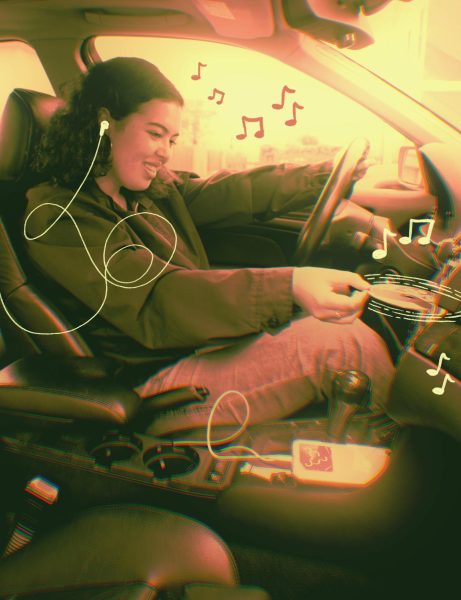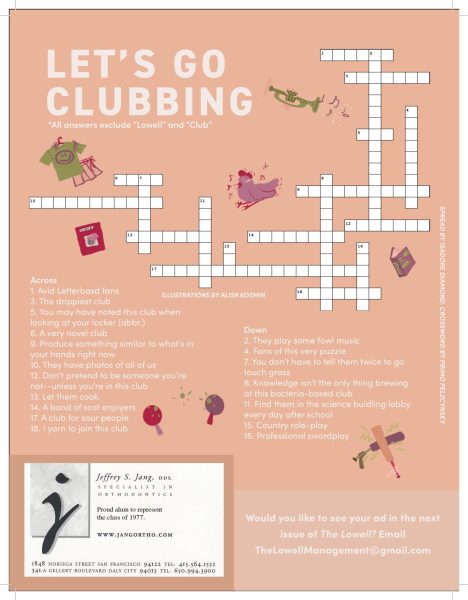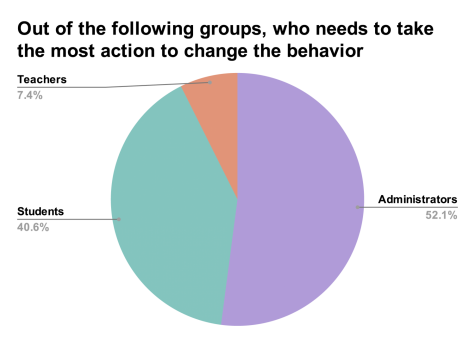Finding liberation in what I eat
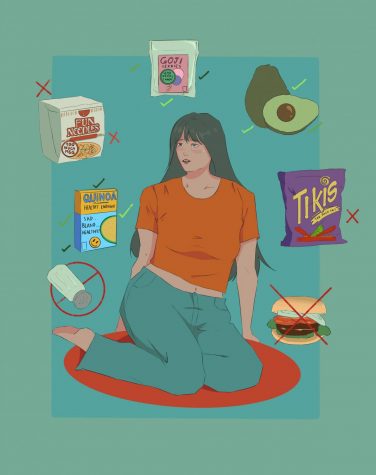
As I pushed the red Trader Joe’s cart down the grocery aisle with my mom, I was careful to stare straight ahead. We were passing a danger zone of processed, high sodium, and sugary foods, and any wayward glances on my part would be immediately noticed and met with crushing disapproval.
From a young age, I was lectured by my parents to avoid unhealthy foods, their dangers akin to the likes of drugs and alcohol. And my parents had a rather extreme definition of healthy, so what we ate ended up being very different than what my peers consumed. For example, rice, an Asian staple, was unacceptably high-glycemic (high in sugar content) and replaced with quinoa. White bread was out of the question, replaced by a solid loaf of sprouted wheat bread from Ezekiel 4:9 or the classic Alvarado Street Bakery. Even seasoning was forbidden, and the lonely Morton salt container sat forgotten on the bottom shelf.
Bland, seasoning-less, but always nutritious, my parent-controlled diet consisted of all the organic goji berries, avocados, and kefir a health nut could ask for. Problem was, I was just a kid, not a Rainbow Grocery worker.
Guilt accompanied every grain of salt or non-coconut, olive, or avocado oil I had the misfortune of coming across. During family gatherings, eating Chinese food was particularly uncomfortable. I cringed as I reached for salty foods, trying to avoid the glowering stares my mom directed at me. Even now, I remember the taste of the napkin I was obliged to press so tightly against various morsels to soak up excess grease.
Guilt accompanied every grain of salt or non-coconut, olive, or avocado oil I had the misfortune of coming across.
Unable to go trick-or-treating or even eat the Girl Scout cookies I was selling, the only sugar I got was smuggled to me by sympathetic family members. It was the only thing I craved. The temptations of the unhealthy lifestyle — or what most would consider a normal lifestyle — called to me in dessert menus, and the much envied Lunchables my friends always seemed to have.
As I grew older, I was presented with more opportunities to escape my closely regulated diet and go eat with my friends, away from my parents’ prying eyes. This opened up a whole new world to me.
On a cold autumn day in sixth grade, I was exposed to Takis and Cup O’Noodles, absolute contraband at my house. Chemical red stained my guilty fingers as my body tried to process the most sodium it had encountered in its ten years of life.
Unsurprisingly, I found it difficult to truly enjoy my new freedom. Eating unhealthily felt forced, even immoral. As much as I wanted to, my years of eating healthily now resulted in psychological rejection of junk food.
Even as I tried to fit into a more socially conventional style of eating, my friends could not understand my food consciousness. I felt out of place and out of line, straying from the healthy path my parents had set for me for all the wrong reasons. I found myself grappling with the full consequences of my fractured relationship with eating, spiraling into endless cycles of dieting and cleansing, each period interrupted by junk food relapses. The pressure instilled in me to adhere to a specific diet, and my inevitable deviations from a perfectly controlled lifestyle, prevented me from achieving any sort of balance, my habits teetering from one extreme to another.
I found myself grappling with the full consequences of my fractured relationship with eating, spiraling into endless cycles of dieting and cleansing, each period interrupted by junk food relapses.
I knew I needed something to change, and it wasn’t until high school that I finally took matters into my own hands. I wanted to construct a lifestyle I would be willing to follow, a middle ground entirely based on my preferences and self-determined comfort zone. I gradually made this known to my parents and began preparing more of my own meals.
Slowly attempting to repair my approach towards food, I made it my goal to enjoy eating rather than painstakingly monitor it. Whether breakfast or just a snack break, I directed my efforts towards improving my cooking skills rather than counting calories. Instead of restricting and cutting out certain foods, I focused on creating a balanced diet that I could stick to. Although I am still very conscious about my diet, I am slowly incorporating food that I wouldn’t have been comfortable eating before. When I make things like salads and more plant-based meals, I can pair it with noodles or rice. For breakfast, I can eat French toast or bacon once in a while. Little by little, I have pushed myself to unlearn an unhealthy mindset to create a healthier lifestyle. Little by little, I have pushed myself to unlearn an unhealthy mindset to create a healthier lifestyle.
I have finally taken back control of my own life and habits, releasing my need for regulation and uniformity. Gaining confidence in making independent decisions and judgements, I’ve come to understand the significance of forging my own path. Today, making meals is time set aside for me to relax and practice self-care. It’s something I look forward to every day, and serves as a constant outlet for my creativity. When I wheel that same Trader Joe’s cart down the aisle, the opportunities for meal prep, flavor concoctions, and baking experimentation are endless. What I eat, that’s up to me.

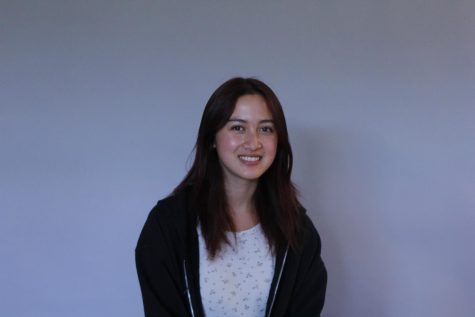
Elise is a senior. This is her third year as an illustrator for the publication. Some of her interests include petting cats, going to museums, and spending unforgiving amounts of money on the evil coffee monopoly that some may know as Peet's.




